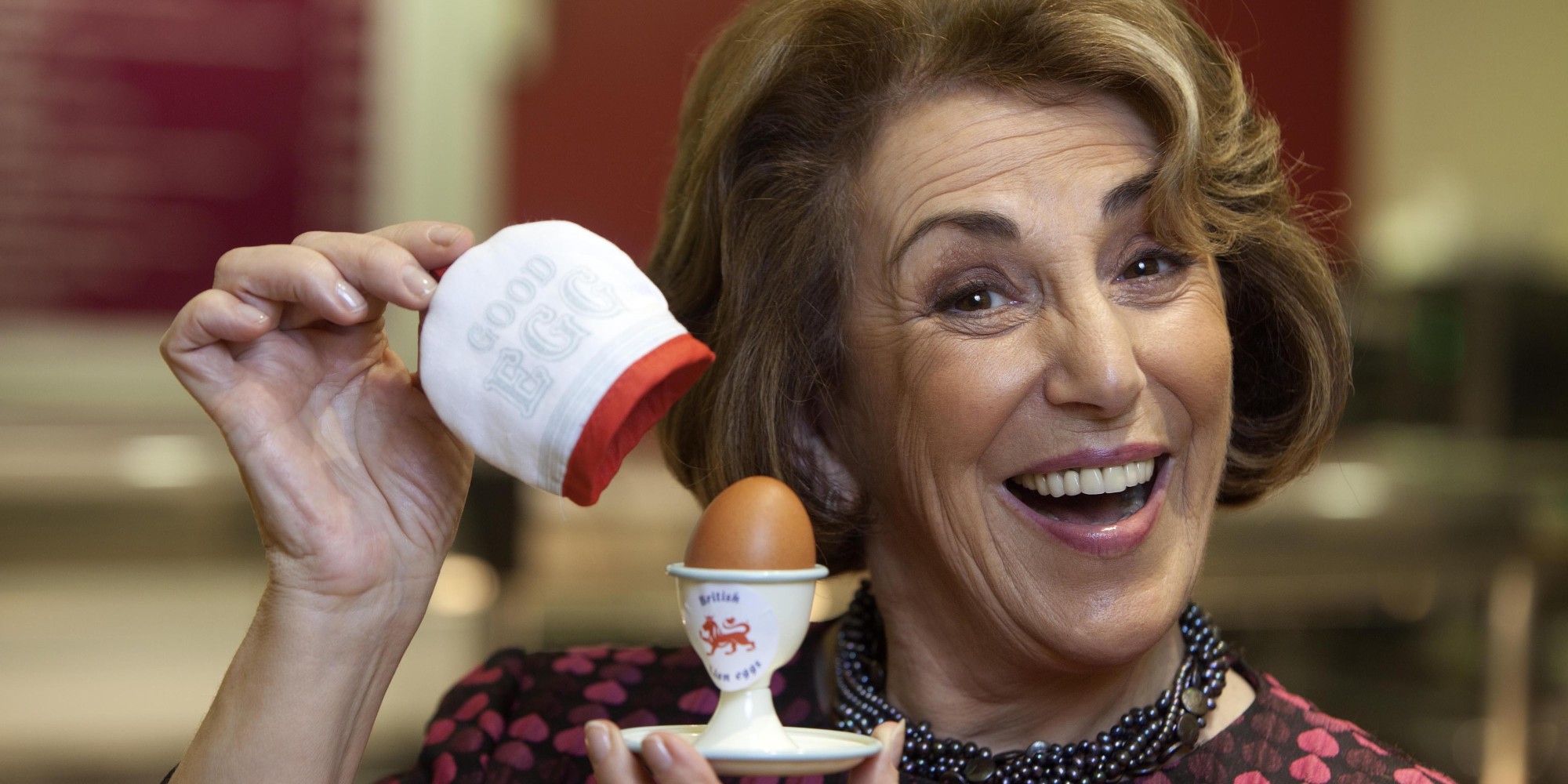
After more than a quarter of a century, the Food Standards Agency (FSA) says that pregnant women, babies and older people will finally be able to return to eating their eggs runny - as long as they have the British Lion stamp on.
The new advice follows the publication of a detailed review by Government food safety advisors which concluded that the major reduction in risk from UK eggs in recent years meant that the FSA should amend its long-standing advice.
This was introduced after the Edwina Currie salmonella scare in 1988 – that vulnerable groups should avoid raw or lightly cooked eggs - for eggs produced under the British Lion scheme.
The FSA and Food Standards Scotland will say they will no longer advise against the consumption of raw and lightly cooked eggs by vulnerable groups, provided that they are produced under the British Lion scheme.
'Salmonella has reduced greatly'
The FSA says: "The reason for this is that in recent years the presence of salmonella in UK hen shell eggs has been reduced greatly.

"This is particularly the case for those eggs produced under the Lion coded quality assurance scheme which comprises a suite of additional control measures."
Andrew Joret, chairman of the British Egg Industry Council, which runs the British Lion scheme, welcomed the change in advice: "This is a great success story for British agriculture.
"The investment we have made in eliminating salmonella and the safety record of British Lion eggs means that we have been confident for some time that even vulnerable groups such as pregnant women, babies and elderly people should be able to consume them when runny.
"The new advice is particularly relevant for mothers as health experts say that eggs are an important food for them and their babies, containing many nutrients that are important in both pregnancy and weaning.
"Emerging research also suggests that introducing eggs early in the weaning process may help reduce the risk of the baby developing an egg allergy."
'Significant efforts' by UK egg industry
The new advice follows a year-long review by a specialist sub-group of the Advisory Committee on the Microbiological Safety of Food (ACMSF) to assess improvements in UK egg safety.
The report acknowledged the ‘significant efforts’ undertaken by the UK egg industry to reduce Salmonella Enteritidis in laying flocks, which it says has made a ‘remarkable impact’ in reducing the levels of Salmonella Enteritidis infections in humans.
It concluded that: "There has been a major reduction in the microbiological risk from Salmonella in UK hen shell eggs since the 2001 ACMSF report.
"This is especially the case for those eggs produced under the Lion Code quality assurance scheme, which comprises a suite of measures including: vaccination for Salmonella, a cool chain from farm to retail outlets, enhanced testing for Salmonella, improved farm hygiene, better rodent control, independent auditing, date stamping on each individual egg and traceability."
It considered that: "The very low risk level means that UK eggs produced under the Lion Code, or under demonstrably equivalent comprehensive schemes, can be served raw or lightly cooked to all groups in society.
"This recommendation does not apply when non-Lion or imported eggs are used."
Dr Juliet Gray, registered nutritionist, said: "Eggs are highly nutritious, containing key nutrients including high quality protein, vitamin D, selenium, choline and omega-3 fatty acids, several of which are not found in many other foods.
"These nutrients are particularly important for many vulnerable groups, including pregnant women, babies and older people."
